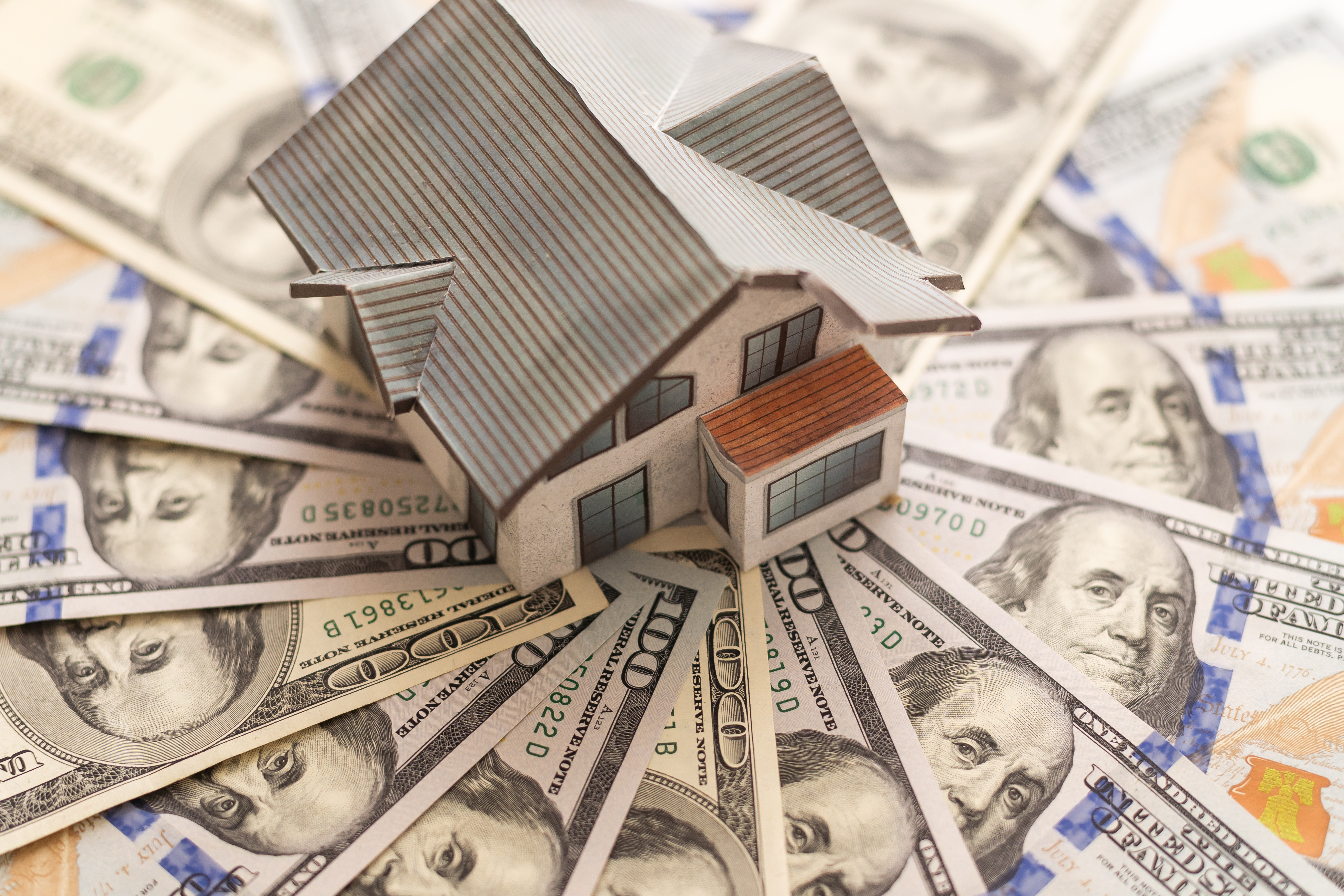How It Works: A Comprehensive Overview to Mortgage Lending for First-Time Buyers
Steering the world of mortgage lending can be intimidating for first-time purchasers. Recognizing the essential elements like principal, interest, and deposits is important. Furthermore, acknowledging the different types of mortgage finances and the application process can greatly influence one's experience. By discovering key factors that influence rate of interest, purchasers may discover useful understandings. What else should they consider before making such a considerable monetary commitment?
Recognizing Mortgage Basics
When first-time buyers get in the domain of homeownership, understanding mortgage essentials ends up being crucial for making educated choices. A home loan is essentially a finance safeguarded by the property being bought, permitting people to purchase a home without paying the full rate upfront. Customers need to be conscious of essential components, consisting of principal, passion, tax obligations, and insurance coverage, often summed up as PITI. The principal is the amount obtained, while interest is the expense of loaning that quantity, expressed as a percentage. Taxes and insurance coverage are extra costs that can substantially influence monthly payments. Buyers ought to also think about the funding term, commonly 15 or three decades, which influences payment quantities and overall passion paid. Recognizing credit history is crucial, as they affect loan qualification and rate of interest rates. Grasping these essential principles empowers newbie buyers to browse the mortgage landscape confidently and make selections that line up with their monetary goals.
Types of Mortgage Loan
When considering mortgage choices, novice buyers usually experience 2 primary kinds: fixed-rate and adjustable-rate mortgages. Fixed-rate home loans offer stability with regular settlements over the car loan's term, while variable-rate mortgages can give lower initial rates that might vary in time. Understanding these distinctions is necessary for making an educated choice.
Fixed-Rate Home mortgages
Fixed-rate mortgages provide stability and predictability for new buyers maneuvering the intricacies of home funding. With a fixed-rate mortgage, the rate of interest remains constant throughout the lending term, typically ranging from 15 to 30 years. This consistent price allows customers to prepare their budgets properly, knowing that their monthly repayments will certainly not vary. New buyers gain from this structure as it removes unpredictability in lasting monetary dedications. In addition, fixed-rate home mortgages usually feature lower initial rates compared to adjustable-rate options, making them an appealing choice for those aiming to develop home equity in time. In general, fixed-rate mortgages offer a simple course to homeownership, suitable for people looking for long-lasting financial safety.
Adjustable-Rate Mortgages
For first-time property buyers seeking adaptability, variable-rate mortgages (ARMs) can supply an attractive option to fixed-rate fundings. ARMs typically use lower initial rates of interest, making month-to-month payments a lot more inexpensive in the early years. These prices change after an initial fixed duration, which can lead to increased payments over time. Debtors should understand the index and margin that establish future price adjustments. Frequently, ARMs have change periods of one, three, or five years, with routine caps to limit just how much rates can boost at each modification. While ARMs can be beneficial for those intending to sell or re-finance before the price adjusts, they likewise lug risks if market conditions change substantially. Thorough study is crucial for notified decision-making.
The Mortgage Application Process

Trick Factors Affecting Interest Rates

Deposits and Closing Expenses
Recognizing down repayments and shutting expenses is vital for new buyers, as her latest blog these expenditures considerably impact the general affordability of a home loan. A deposit is the first quantity paid towards the home's acquisition rate, usually expressed as a percent. It can vary from as low as 3% to 20% or more, relying on the lending type and lender requirements. A larger deposit can lower month-to-month mortgage repayments and get rid of personal mortgage insurance policy (PMI), which protects lending institutions in instance of default.Closing expenses, on the other hand, encompass different costs sustained throughout the home-buying procedure. These might consist of car loan origination costs, appraisal costs, title insurance, and lawyer charges, normally totaling 2% to 5% of the home's purchase cost. Novice customers need to allocate both down repayments and shutting prices to guarantee they can protect their mortgage and successfully navigate the home-buying procedure.
Tips for First-Time Homebuyers
What essential suggestions can newbie buyers comply with to browse the commonly tough procedure of purchasing a home? Establishing a practical spending plan is vital. Customers must analyze their financial scenario, including earnings, costs, and potential mortgage payments. Next, acquiring pre-approval for a mortgage can supply clearness on what one can pay for and strengthen their position when making an offer.Researching areas is equally vital; purchasers ought to consider variables such as features, institutions, and future growths. Furthermore, it is advisable to deal with a qualified real estate agent who can provide important insights and advice throughout the buying process.Home assessments should not be ignored, as they can discover surprise problems that might affect long-lasting fulfillment. Ultimately, customers need to continue to be patient and adaptable, comprehending that finding the ideal home might require time. By following these suggestions, newbie homebuyers can approach the market with self-confidence and understanding.
Frequently Asked Inquiries
What Documents Are Required for Mortgage Pre-Approval?
For mortgage pre-approval, people usually require to offer earnings confirmation, employment background, debt records, tax obligation returns, financial institution declarations, and details of any financial debts (Private Mortgage Lenders Savannah GA). These records aid lending institutions analyze monetary capacity and determine finance qualification
Can I Obtain a Home Mortgage With Bad Credit Score?

Many loan providers think about applicants with negative credit, though terms may vary. Greater rate of interest prices or larger down payments can be called for. Discovering alternatives with specialized lenders or federal government programs can additionally improve chances for authorization.
The length of time Does the Mortgage Authorization Process Take?
The mortgage approval procedure typically takes between 30 to 45 days. Factors affecting this timeline include the loan provider's effectiveness, the debtor's monetary paperwork, and the complexity of the loan application. Delays might happen due to extra demands.
What Happens if I Miss a Home Loan Payment?
If a mortgage settlement is missed, late fees might be incurred, and credit report can experience. Extended non-payment might result in repossession process, motivating the lender to redeem the property after a series of warnings.
Can I Re-finance My Mortgage Later On?
Refinancing a mortgage later is commonly possible, enabling property owners to change their lending terms, rate of interest, or regular monthly settlements. Nonetheless, qualification depends upon credit rating ratings, existing market conditions, and the existing mortgage's terms. Private Mortgage Lenders Savannah GA.
Comments on “Understanding loan terms Offered by private mortgage lenders savannah ga”